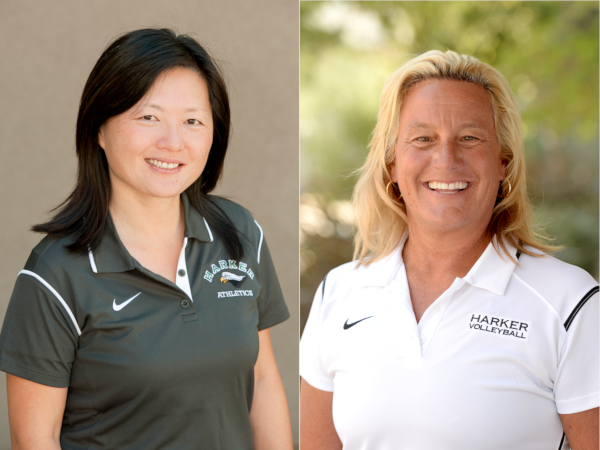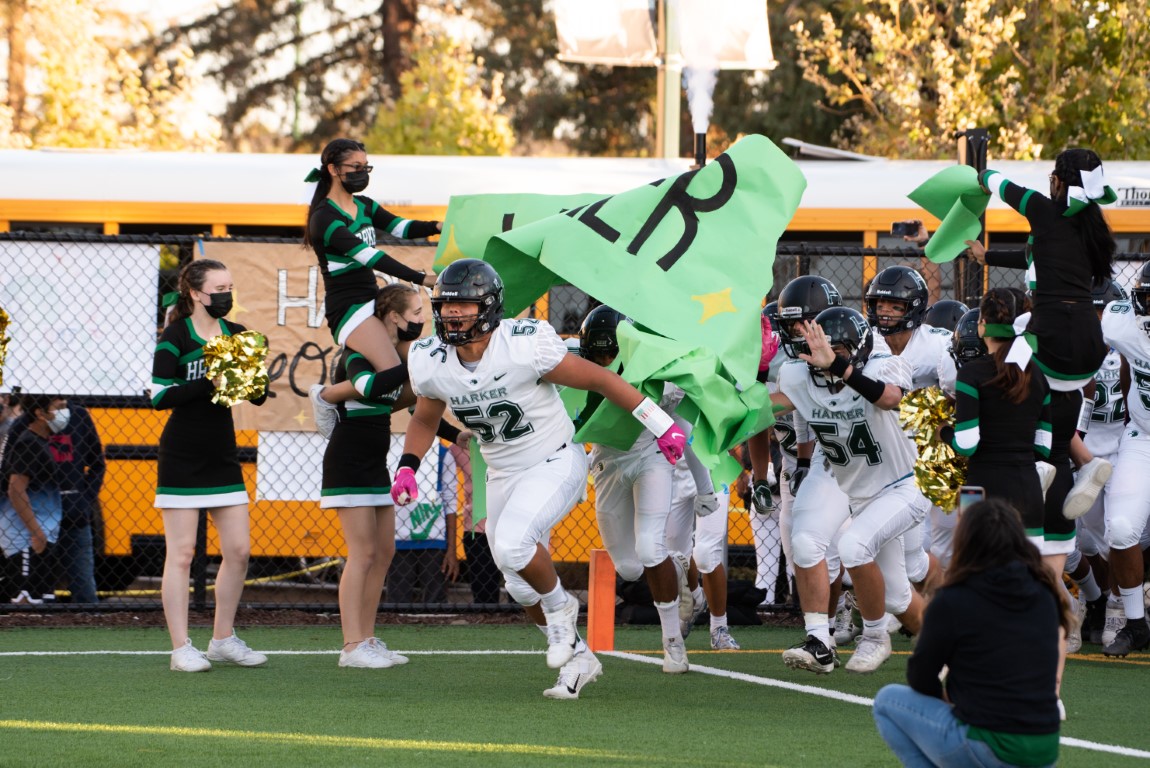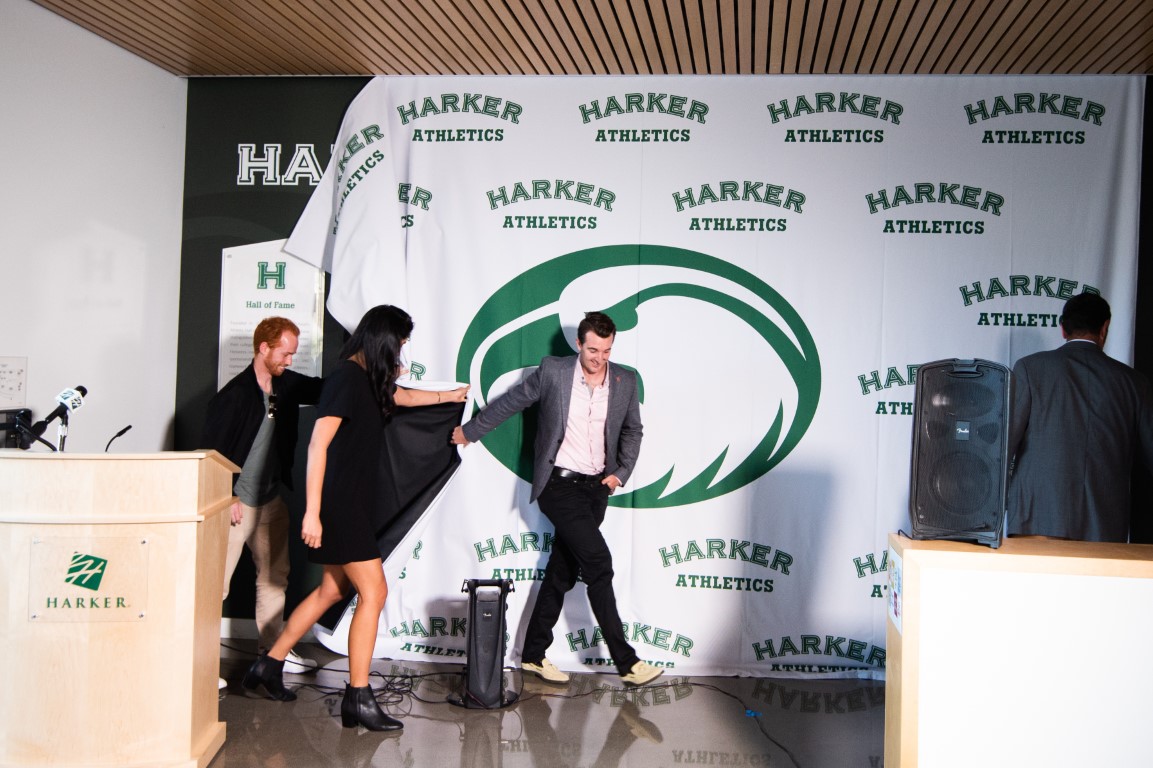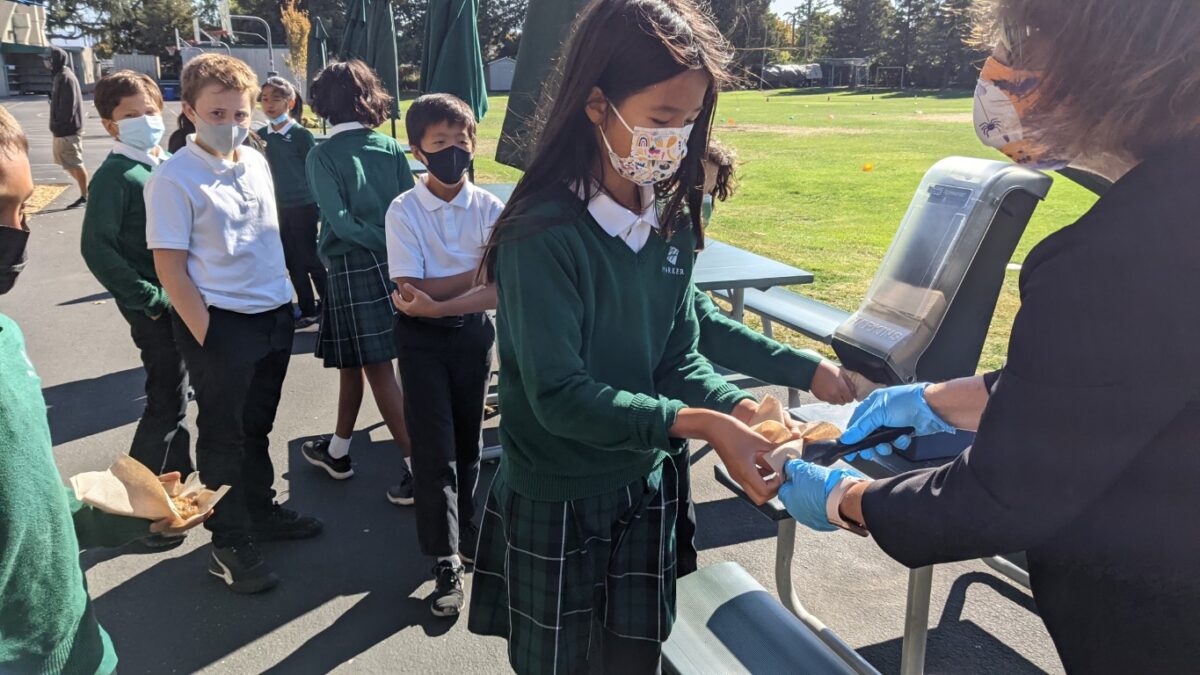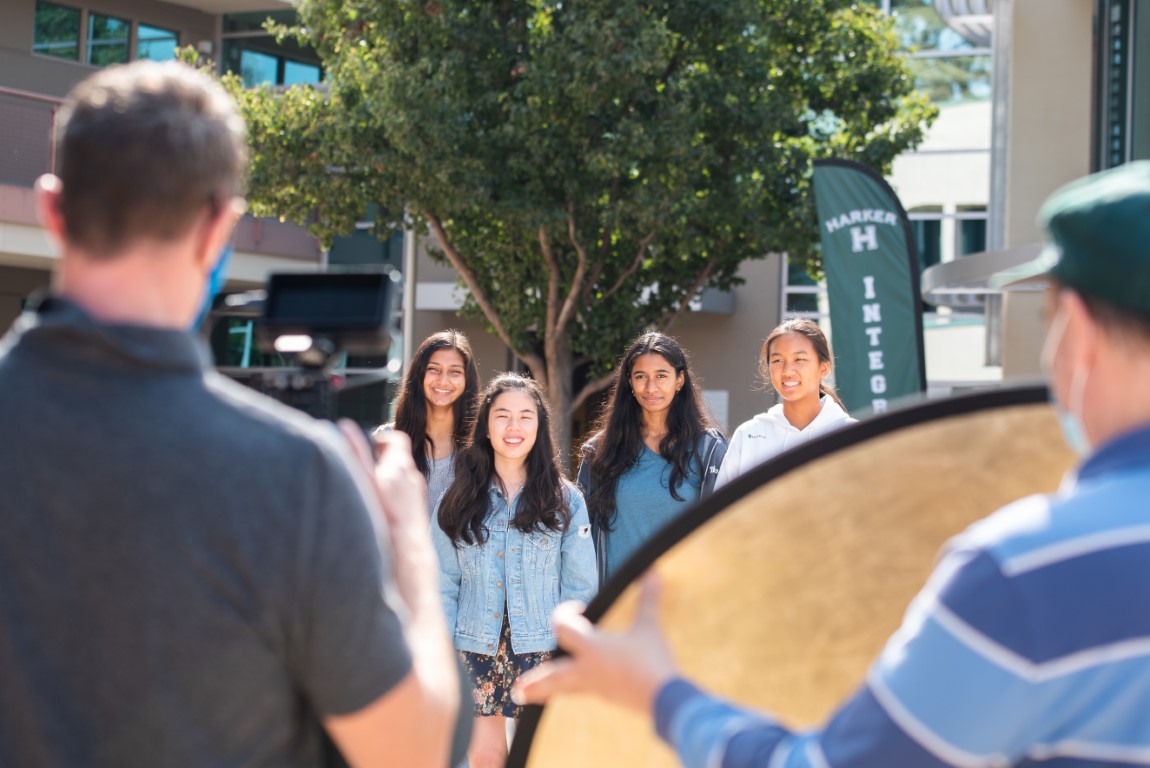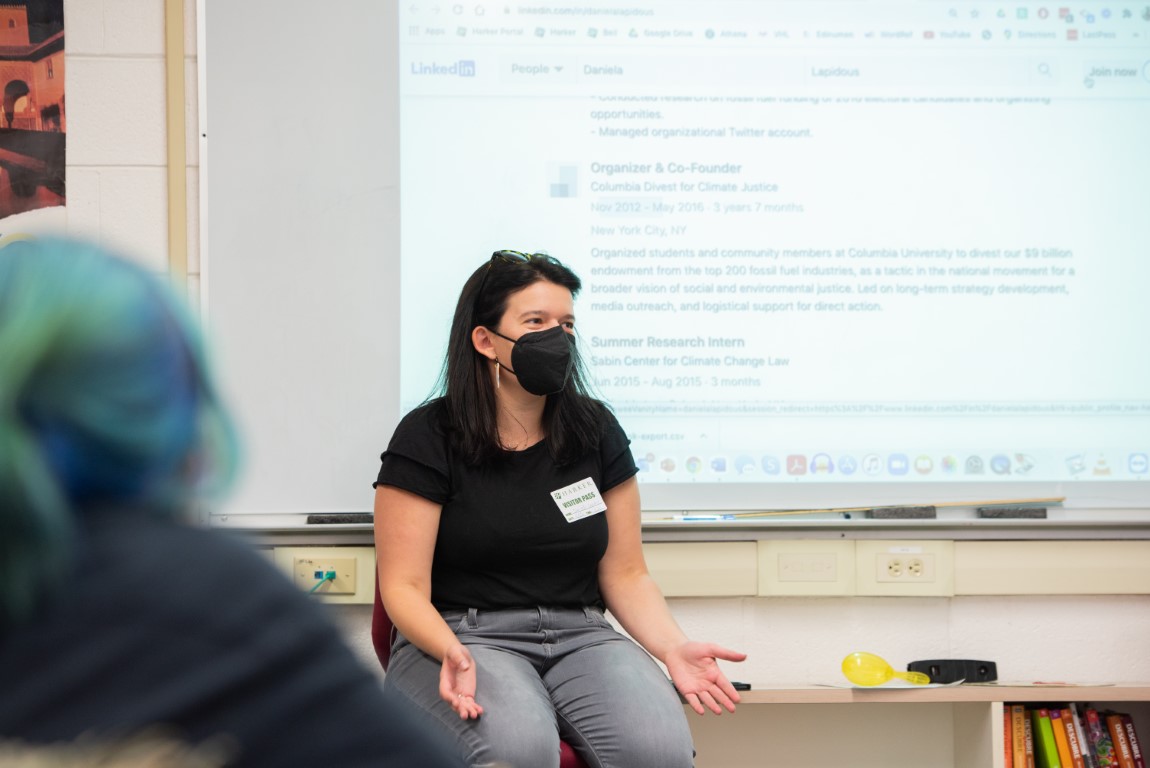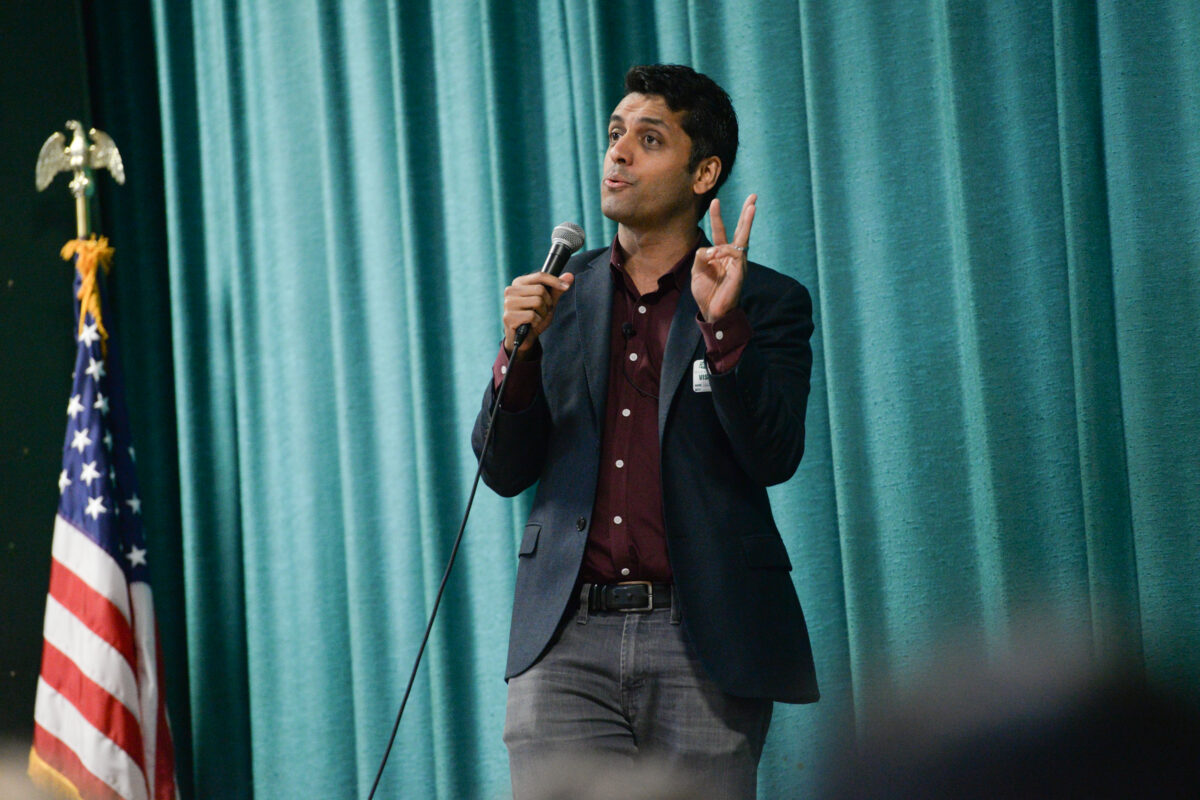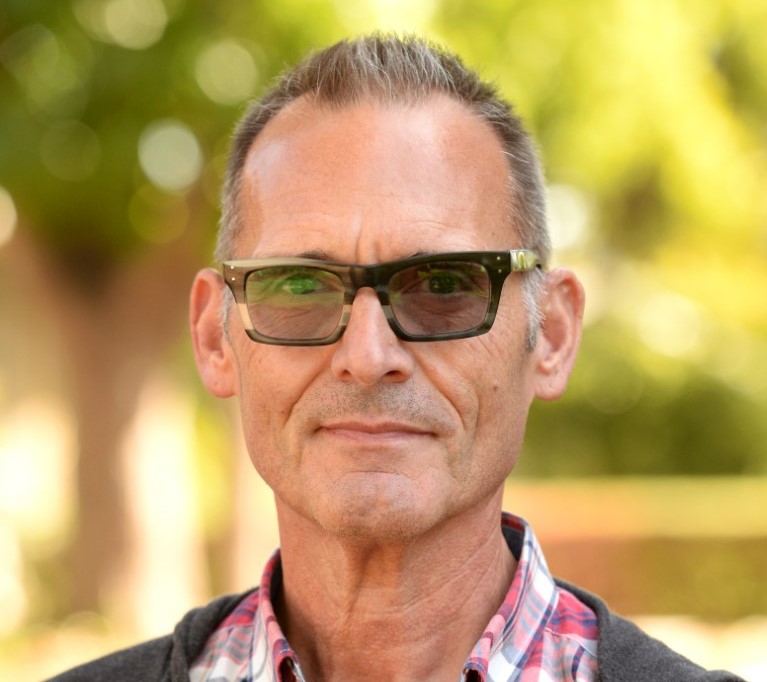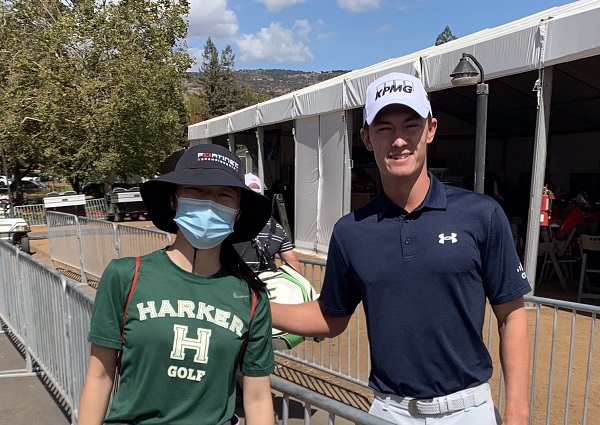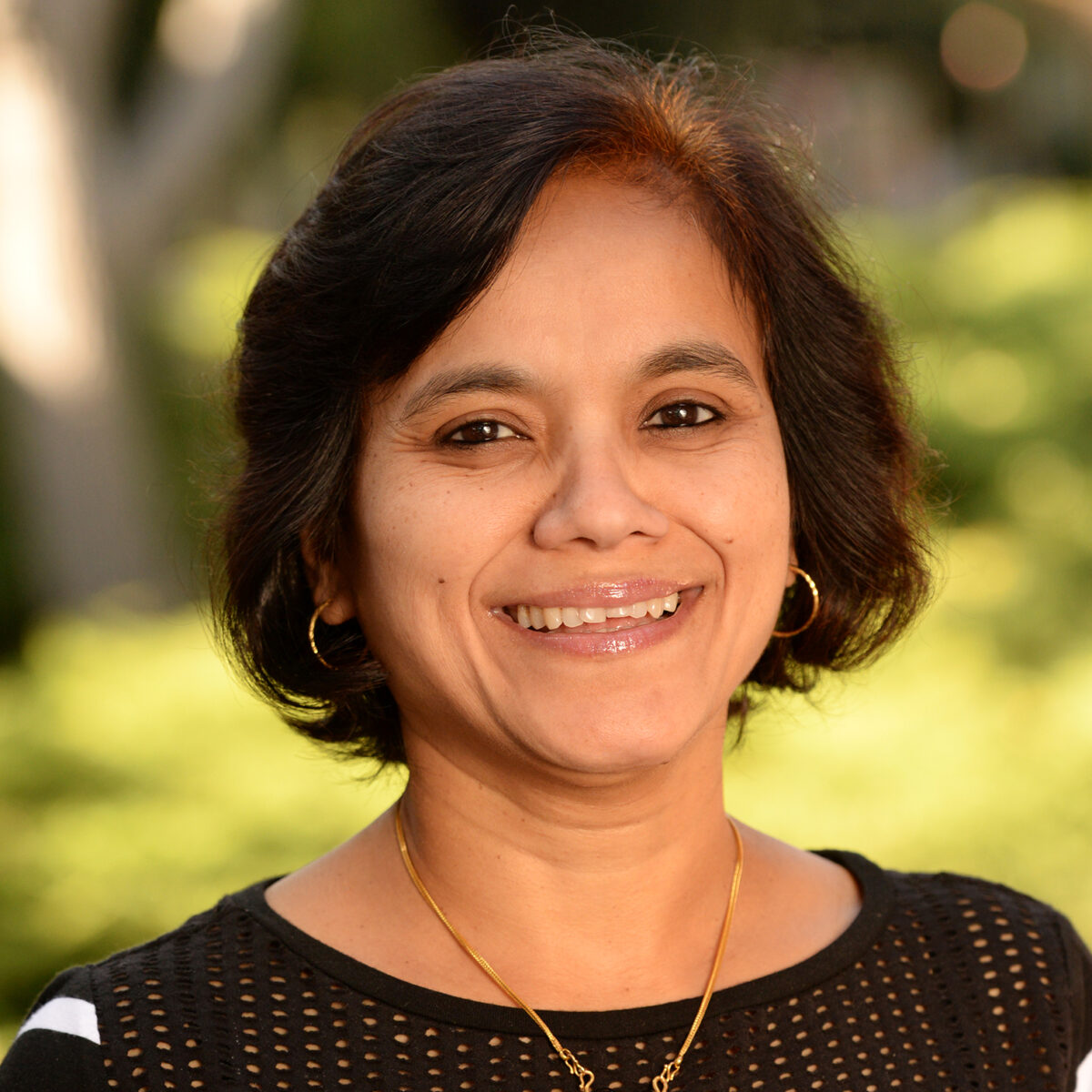Last week, Harker athletics coaches Ie-Chen Cheng and Theresa Smith were each named Coach of the Year for the Central Coast Section in girls golf and girls volleyball, respectively, by the National Federation of State High School Association’s (NFHS) Coaches Association.
express
Harker community congregates at inaugural Harker Day
The Harker community came together at the upper school campus for the inaugural Harker Day, which combined two Harker traditions – the Family and Alumni Picnic and Homecoming – into a full day of games, food, sports and more.
Athletic Hall of Fame adds three new inductees
As the Harker community reveled during the festivities of Harker Day this past weekend, alumni Cole Davis ’10, Drew Goldstein ’13 and Jessica Khojasteh ’11 became the latest inductees into the 2021 Harker Athletic Hall of Fame at a special ceremony held at the Harker Athletic Center.
Cookie Day celebrates Howard Nichols’ life and accomplishments
Today, Harker celebrated the birthday of Howard Nichols (1940-2008), the former Harker president who with his wife, Diana, was instrumental in developing Harker into the school it is today.
Harker Key Club wins Cupertino CREST Award
Last month, the Harker Key Club was named Organization of the Year in the City of Cupertino’s 2021 CREST (“Cupertino Recognizes Extra Steps Taken”) Awards.
Daniela Lapidous ’12 talks to Green Team on climate action
Daniela Lapidous ’12 visited the upper school to speak to Harker’s Green Team about her own experiences in environmental activism.
Wajahat Ali MS ’94 discusses hope on “On Being” podcast
Earlier this month, Wajahat Ali MS ’94 appeared on the “On Being” podcast, hosted by journalist and author Krista Tippett.
[Updated] Former English teacher Marc Hufnagl passes away, memorial set for Oct. 15
On July 3, beloved former upper school English teacher Marc Hufnagl passed away at his home in Switzerland following a brave battle with prostate cancer.
Alumni athletes compete in PGA golf, collegiate volleyball
Maverick McNealy ’13 took second place at the Fortinet Championship and two 2020 volleyball alumni competed in the MIT Invitational.
MS math chair becomes two-time Sliffe Award winner
Middle school mathematics department chair Vandana Kadam recently won the Edyth May Slyffe Award, which is awarded to middle and high school math teachers who have shown dedication to teaching by motivating students to participate in the American Mathematics Competitions.
